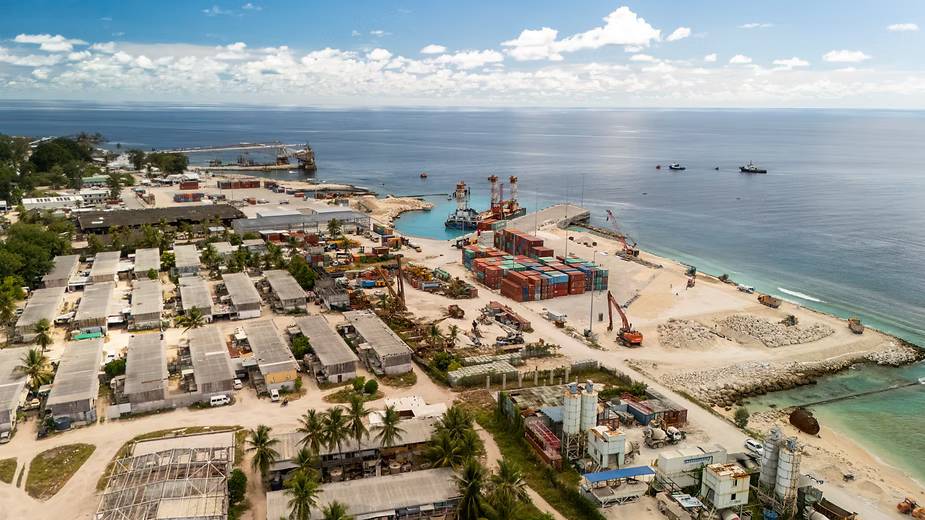Nauru is Turning Rubbish to Resources
In a groundbreaking move for the world’s smallest republic, Nauru is preparing to overhaul its decades-old dump into a state-of-the-art Resource Recovery Centre, poised to transform waste from burden to bounty. This bold initiative — part of the Asian Development Bank’s (ADB) Sustainable and Resilient Urban Development Project — marks a major leap in the island nation’s push toward recycling, sustainability, and circular economy practices.

The project, backed by a USD 37.5 million grant from ADB alongside USD 2.3 million from Nauru’s government, aims to bolster urban services across water, sanitation, and solid waste infrastructure.
Central to this project is constructing a composting facility for green waste and a materials recycling center, together designed to usher in a new era of resource recovery and waste diversion at the island’s existing dump site.
The plan includes:
Segregation zones for recyclables: aluminium, cardboard, plastics, and glass
A composting system to process green waste (trees, bushes, and garden clippings) into nutrient-rich compost for local gardens and crops
A streamlined waste drop-off and sorting system, making it easier for both businesses and residents to contribute to recycling efforts
This groundwork will later pave the way for a modern facility, where recyclable and organic materials are collected, processed, and prepared for export or reuse, while only truly non‑recyclable waste continues to the landfill.
This transformation isn’t just about nicer infrastructure, it’s a climate-smart and community-centered leap. Recycling and composting reduce the volume of waste heading to the dump, lower pollution, extend the dump’s usable life, and curb greenhouse gas emissions, helping to safeguard both groundwater and ocean health.
Compost produced on‑island strengthens local soil, empowering small-scale agriculture, community gardens, and food security. For Nauruans, this means safer communities, cleaner oceans, and a healthier future, all envisioned through practical steps at the dump.
The design phase is already in progress, with field assessments and community consultations done by the Beca International Group. The 2026 construction kick-off will oversee installation of infrastructure for sorting, composting, and baling materials. By 2028, the centre is intended to be operational, serving both public needs and broader environmental goals.
In addition to modernizing waste management, the Sustainable and Resilient Urban Development Project includes the creation of Nauru’s first reticulated water supply system. This network will deliver safe, piped water directly to households and businesses, reducing reliance on water carting and improving public health.
Nauru’s initiative is a powerful reminder that even the smallest nations can lead bold environmental change. By viewing trash as resource and not a burden, Nauru is charting a path toward sustainability, circularity, and climate resilience.